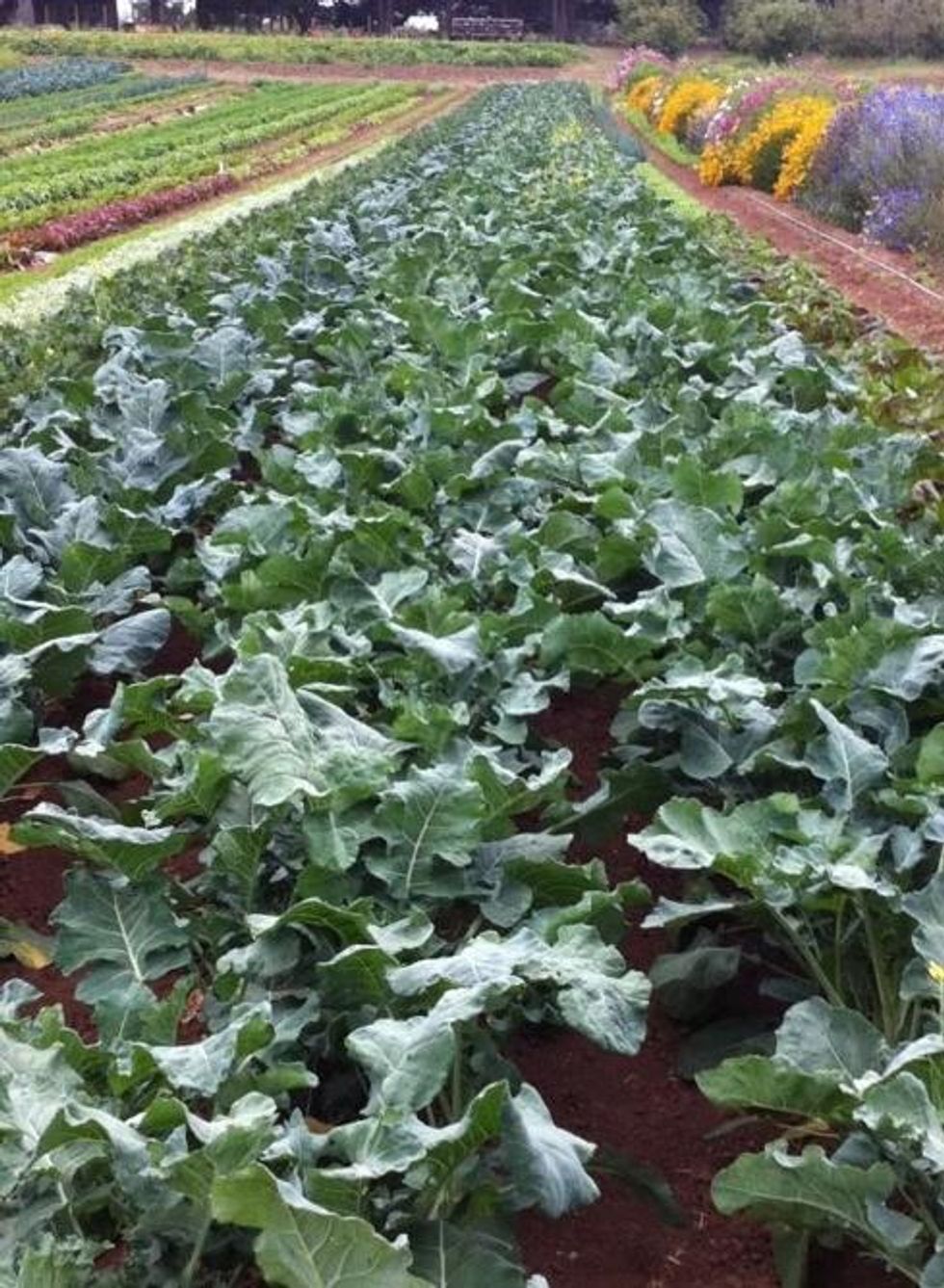Given the British government's approach to protecting the environment by trying to sell forests, culling badgers, and cutting environmental protection, the environment secretary's enthusiastic embrace of the genetic modification (GM) lobby is rather predictable, but no less of a disappointment for that.
Some of my colleagues are still reeling that, with his views on climate change, Owen Paterson would see fit to lecture anyone about science - but as someone born and raised in Africa, I felt particularly keenly his attempt to portray GM as the solution to world hunger. Most GM is in fact for commodity crops production using chemical-intensive methods. But pressure is constantly applied to African governments, mainly by big US corporations, because Africa and Asia are the only industry hopes for GM expansion.
Global hunger is a complex problem, and is as much a matter of economics and politics as of agriculture itself. Though while we are producing enough food for everyone but failing to distribute it equitably (even in the UK half a million people get food handouts), advances in biotechnology to help us produce more are to be welcomed in a world with an increasingly destabilised climate and a growing population.
Sophisticated plant breeding techniques have brought us blight-resistant potatoes and crops enriched with nutrients; flood-tolerant scuba rice that can survive under water for a fortnight or more; and drought-tolerant maize that increases yields by up to 30%. These crops are being used successfully by thousands of farmers in Africa today.
However, none of these seeds were genetically engineered. They were produced using marker-assisted breeding, genome sequencing and traditional cross-breeding and grafting techniques, allied to a greater understanding of crop biology. And they work.
But we still urgently need reforms to land ownership and trade if all of us are to benefit. In my own country, under the 1913 Natives Land Act South Africa's black majority was excluded from land ownership in favour of the white minority. The act destroyed traditional farming. A century later, the unequal distribution of land in South Africa is still a big political issue. It's a pattern that is repeated throughout Africa, and is becoming a bigger problem as land grabbing by foreign enterprises spreads. I fear that GM crops corporations, and Owen Paterson, are using the "feed the world" argument as a Trojan horse for a new form of colonialism.
Owen Paterson parrots the agrochemical industry's claims that the next generation of genetically engineered crops will do all of these things, save the planet and feed the world, but what it actually gives us is mostly empty promises, contamination scandals, corporate capture of our food and increasing use of agrochemicals. The poster crop of the agrochemical industry is still, after 15 years of development, "golden rice". Its developers say that it will be ready for cultivation in another two years. Meanwhile Paterson trots out the simplistic line that people who are anti GM are responsible for children going blind. In practice, one of the solutions that is saving the lives of millions of children is adding vitamin A supplements to their diet twice a year. According to the World Health Organisation, this is one of the most successful health prevention programmes. But, what would save our children in a sustainable future is not so much a technical fix, and only dealing with vitamin A, but a healthy balanced diet that gives them the vitamins they need from the food they eat. Is this too much to ask?
If the UK government really wants to adopt the slogan "feed the world and save the planet" as policy goals rather than just PR gloss for a corporate agenda, then it should be supporting the ecological farming solutions offered by the United Nations International Assessment of Agricultural Knowledge, Science and Technology for Development (IAASTD), and the UK all-party parliamentary group on agroecology.
Governments around the world can move us towards a resilient and ecological agriculture by prioritising the resource needs and knowledge of the world's small-scale ecological farmers. We must support ecological farming systems that can address climate change. And finally we have to recognise the interrelated principles of food sovereignty and the right to food.




